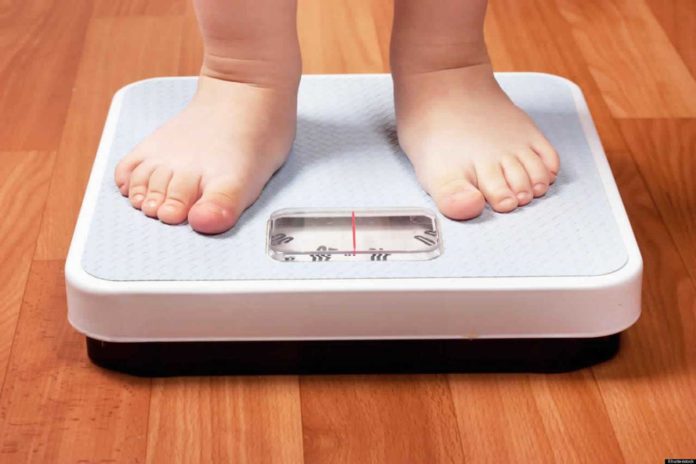Childhood obesity is a serious medical condition that affects children and adolescents. Children who are obese are above the normal weight for their age and height. Higher weight in young children is particularly troubling as the extra pounds often start children on the path to health problems that were once considered adult problems — diabetes, high blood pressure, and high cholesterol.
According to a new study, obese four-year-olds have a doubled risk of high blood pressure by age six. They also tend to have increased risk of future heart attack and stroke.
This study, based on the ELOIN cohort,3 examined the link between excess weight and high blood pressure in 1,796 four-year-olds who were followed up two years later. Blood pressure was measured at both time points, as was body mass index (BMI in kg/m2) and waist circumference.
Compared to children maintaining a healthy weight between ages four and six, those with new or persistent excess weight according to BMI had 2.49 and 2.54 higher risks of high blood pressure, respectively. In those with new or persistent abdominal obesity, the risks for high blood pressure were 2.81 and 3.42 greater, respectively. Children who lost weight did not have an increased risk of high blood pressure. The findings applied to all children regardless of sex or socioeconomic status.
Dr. Galán said, “There is a chain of risk, whereby overweight and obesity lead to high blood pressure, which heightens the chance of cardiovascular disease if allowed to track into adulthood. But the results show that children who return to a normal weight also regain a healthy blood pressure.”
“The best way to maintain a healthy weight and lose excess kilos is to exercise and eat a healthy diet. In addition to the central role of parents, the school curriculum needs to include three to four hours of physical activity every week. Teachers should supervise activities during breaks, while schools can offer games and sports after classes and provide nutritionally balanced meals and snacks.”
“Doctors should routinely assess BMI and waist circumference at early ages. Some pediatricians think the harms of overweight and obesity begin in adolescence but our study shows they are mistaken. We need to detect excess weight as soon as possible so the damaging impact on blood pressure can be reversed.”
The study also suggests that overweight children should have their blood pressure measured.
